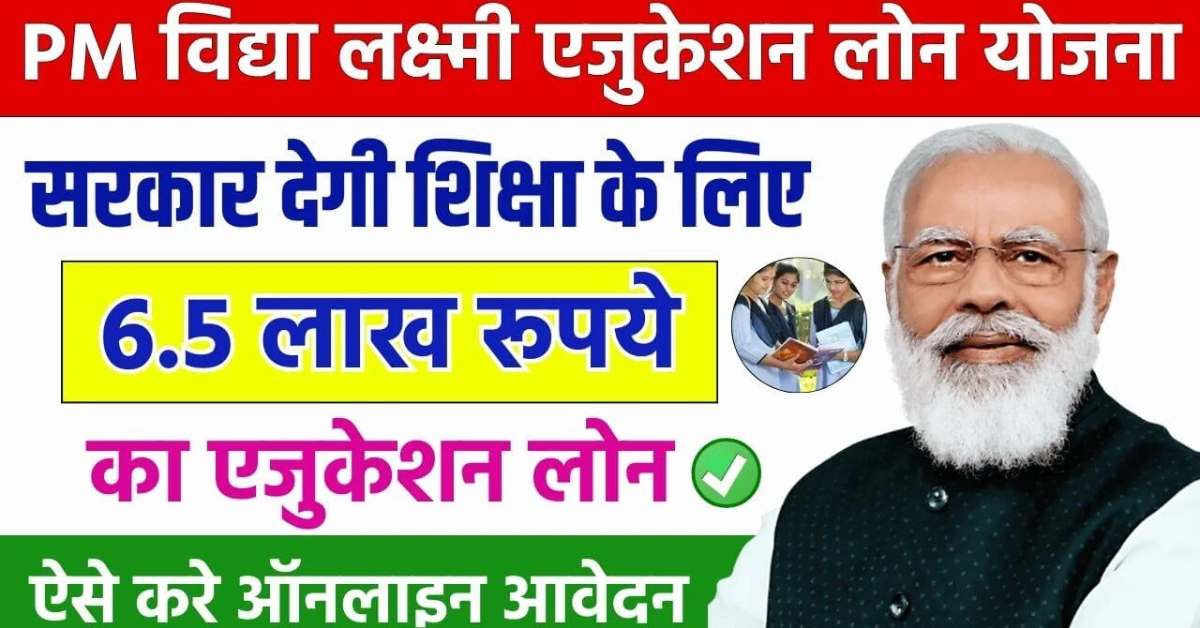Education is the backbone of a nation’s development, and India has taken significant steps to improve literacy, access, and educational opportunities for students through various government initiatives known as Education Yojanas. These schemes aim to ensure that every student, regardless of financial background, has access to quality education. In this blog, we will explore some of the major Education Yojanas in India and understand how they benefit students across the country.
1. Scholarship Schemes for Meritorious Students
The Indian government has introduced several scholarship schemes to support talented students and help them achieve academic excellence. These schemes offer financial aid, which eases the burden of tuition and study expenses.
a. Pre-Matric Scholarship Scheme
- Objective: To support students from economically weaker sections (EWS) of society studying in Classes 1 to 10.
- Benefits: Covers tuition fees, text books, stationery, and other study materials.
b. Post-Matric Scholarship Scheme
- Objective: For students belonging to Scheduled Castes (SC), Scheduled Tribes (ST), and Other Backward Classes (OBC).
- Benefits: Covers tuition fees, hostel charges, and various allowances.
c. National Scholarship Portal (NSP)
- A digital platform where students can apply for multiple government scholarships. It consolidates all scholarships provided by central and state governments, making the application process simple and transparent.
2. Beti Bachao, Beti Padhao Yojana
This is a crucial initiative aimed at empowering girls in India through education. Launched by the Government of India, it seeks to address issues such as gender inequality and ensure that girls have access to education, health services, and safety measures.
Objectives:
- To improve female literacy rates
- To encourage parents to invest in their daughters’ education
- To eliminate social inequalities that hinder female education
Through this program, schools and communities are encouraged to support female students, ensuring that every girl gets a chance to succeed academically and socially.
3. Sarva Shiksha Abhiyan (SSA)
The Sarva Shiksha Abhiyan is a flagship program launched by the Government of India with the objective of achieving universal elementary education in a mission mode.
Objectives:
- Ensuring compulsory education for children aged 6 to 14
- Providing infrastructure, teachers, and facilities in government schools
- Promoting inclusive education for children with disabilities
Key Benefits:
- Development of schools and classrooms
- Free textbooks and uniforms for students
- Mid-day meals to ensure students have a nutritious school experience
SSA emphasizes a holistic approach to education, with a focus on improving learning outcomes, attendance, and overall student development.
4. RTE (Right to Education) Act
The Right to Education Act, enacted in 2009, is a fundamental step towards achieving universal education in India. According to this act:
- Every child between the ages of 6 and 14 has the right to free and compulsory education.
- Schools must follow guidelines regarding infrastructure, teacher qualifications, and curriculum.
- Private schools are also mandated to reserve 25% of seats for economically weaker students.
This act ensures transparency and accountability, making sure that every child has access to quality education without financial hurdles.
5. Udaan Yojana
Udaan Yojana focuses on empowering female students in higher education and technical fields, specifically in fields like Science and Mathematics.
Objective:
- To provide coaching and mentorship for female students preparing for engineering and medical entrance examinations.
Key Features:
- Online coaching classes
- Mentorship sessions and study materials
- A platform to prepare for major competitive exams like IIT-JEE, NEET, etc.
This initiative ensures that girls have equal opportunities to pursue higher education in fields that are often considered male-dominated.
6. PM Research Fellowship Scheme
The PM Research Fellowship Scheme encourages students to pursue research-based education by offering financial support and mentorship.
Objectives:
- Encouraging students to take research-oriented courses at higher educational levels
- Promoting innovation and research in fields such as science, technology, and social sciences
- Providing monthly stipends and research grants
This scheme is ideal for students pursuing doctoral programs and aims to contribute significantly to research, development, and scientific progress.

7. IGNOU Scholarship Programs
The Indira Gandhi National Open University (IGNOU) offers multiple scholarship programs to support learners who are unable to afford higher education.
Objectives:
- To ensure accessibility of higher education for marginalized groups
- To promote open and distance learning opportunities
Key Benefits:
- Fee concessions
- Course materials and study aids
- Opportunities for working professionals and rural students
IGNOU’s flexible programs enable students to pursue studies while working or managing their family responsibilities.
8. State-Specific Education Yojanas
Apart from central initiatives, several states in India have their unique education schemes tailored to regional requirements. These include:
- Madhya Pradesh: Provides free laptops to students in higher education to encourage digital literacy.
- Uttar Pradesh: Offers scholarships for students from economically weaker backgrounds, covering school expenses and study material costs.
- Tamil Nadu: Initiatives for free education from school to college level with provisions for uniforms, mid-day meals, and scholarships.
Each state ensures that education remains accessible, affordable, and inclusive, regardless of a student’s socio-economic background.
Conclusion
The Indian government has introduced numerous Education Yojanas to make education accessible, inclusive, and empowering for every student. These initiatives, ranging from scholarships and free education schemes to research fellowships and digital learning opportunities, provide financial aid and infrastructure support while prioritizing quality education.
Programs like Sarva Shiksha Abhiyan, RTE Act, and PM Research Fellowship showcase a robust system that addresses every educational need, from elementary school to higher education and research. As a student or an educator, knowing and leveraging these programs can pave the way for a brighter, more secure, and knowledgeable future.
The success of these initiatives highlights India’s commitment to education as a foundational element of national development, ensuring that every child, regardless of background, has the opportunity to learn, grow, and contribute positively to society.

